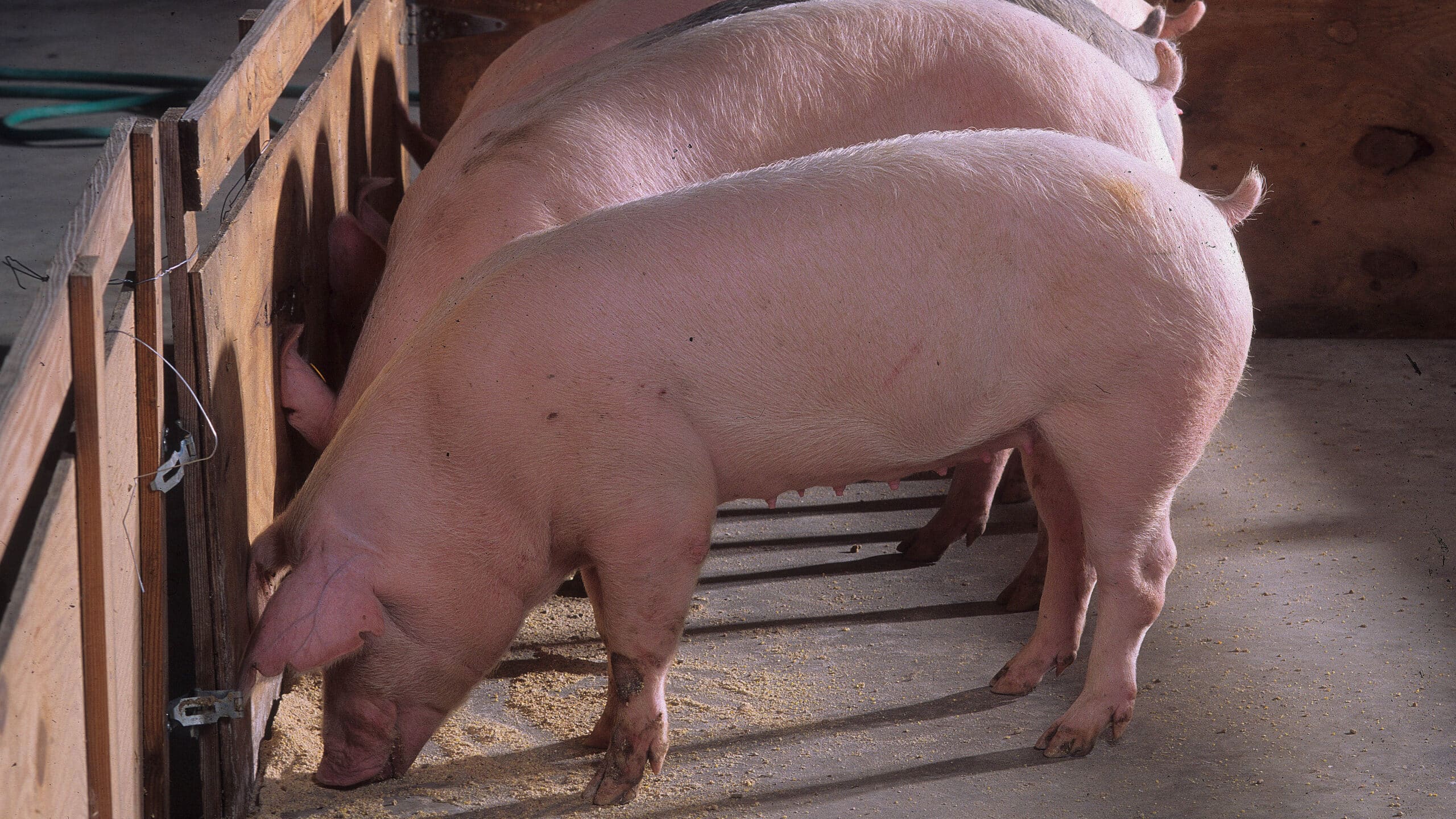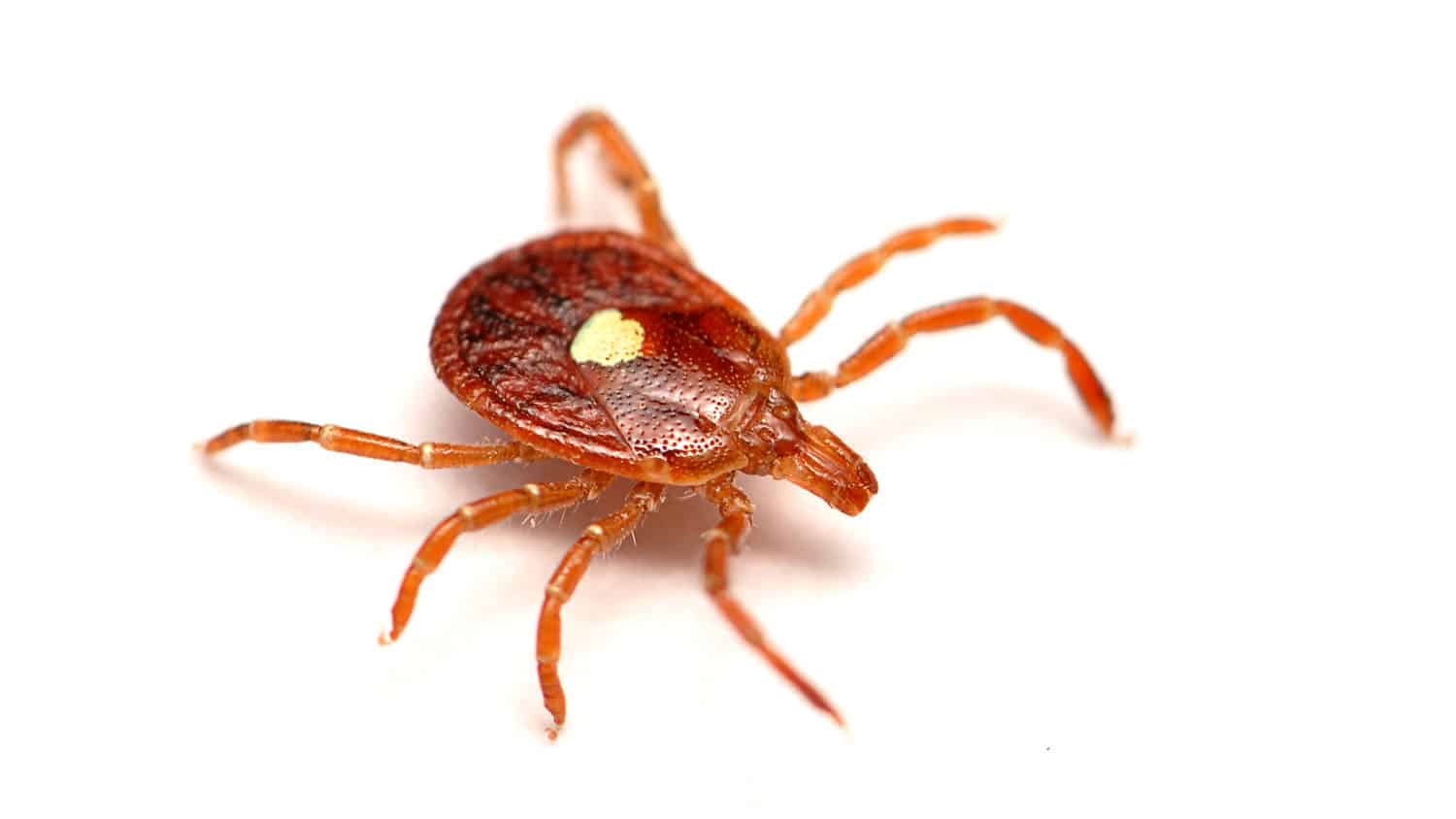For Immediate Release
Facing a vast array of food and nutrition security problems in the U.S. and abroad that pose significant humanitarian, environmental, and national security risks, a commission of prominent researchers and leaders from public universities, government, non-governmental organizations, and the private sector today announced a comprehensive, coordinated effort to solve these challenges.
While many important efforts are being undertaken to address the vast array of problems that comprise food and nutrition insecurity, a truly comprehensive, holistic approach that fully engages arguably the world’s greatest scientific and educational resource in food and nutrition security – public research universities – has been lacking until now. The Challenge of Change Commission, which the Association of Public and Land-grant Universities convened with support from the W.K. Kellogg Foundation, began with the understanding that public research universities – with their broad academic, research, and community expertise and experience – were uniquely positioned to address the complex and diverse challenges of food and nutrition insecurity.
“The world’s food system is broken yet demand is increasing at a record pace,” said North Carolina State University Chancellor Randy Woodson, who served as Chair of the Challenge of Change Commission. “We can’t just grow our way out of this global crisis. Issues of infrastructure, food safety, distribution and more must be addressed as part of a long-term, sustainable solution if we are to effectively address global hunger.
“We believe public research universities are uniquely positioned to help solve this complex challenge through our vast expertise of faculty and research, our role as collaborators with government and industry, and our global reach.”
The Challenge of Change Commission is comprised of 34 members that include university leaders, subject matter experts, and current and former private and public sector officials from the United States, Canada, and Mexico. In addition to the Commission members, more than 100 individuals from universities, the public and private sector, and non-governmental organizations were engaged in the project as members of interdisciplinary working groups or expert advisors. Similarly, more than 75 organizations were invited to provide comment and feedback throughout the process.
“Public research universities represent the world’s most powerful resource to address food and nutrition security,” said APLU President Peter McPherson, who is a former administrator of the United States Agency for International Development. “The problems of food and nutrition insecurity are so complex and cut across so many areas of expertise. That vast array of expertise already exists at our institutions. The challenge is helping to bring public research universities together in a coordinated way, with support from the government and others, to make it a reality. Many view this as a problem of feeding a growing population by 2050, but the challenge is already upon us with far too many people suffering from food and nutrition insecurity. If we do not address these problems now, the solutions will become more intractable, the costs greater, and the human, social, economic and environmental damage irreparable.”
Nearly 1 in 9 people were food insecure in 2014-16, including 42.2 million people in the U.S. Food security problems – including hunger, obesity, malnutrition, low crop yields, inadequate food storage, poor sanitation, and the political instability they create – are poised to intensify unless there is a deliberate effort to create true global food and nutrition security. The search for sustainable solutions grows even more complicated in the face of a rapidly growing world population, limited natural resources, changing climates, and evolving diets that demand more high-value food products.
At an event in Washington, D.C., members of the Challenge of Change Commission unveiled their much-anticipated report and action plan, which centers on harnessing the vast academic, research, and leadership capabilities of public research universities to address the interdisciplinary challenges of food and nutrition security.
The Commission report defines seven challenges for solving global food and nutrition insecurity and details the steps that public research universities, along with partners, must take to address them:
Challenge 1: Increase yields, profitability, and environmental sustainability simultaneously
Challenge 2: Develop the varieties and breeds needed for sustainable food systems
Challenge 3: Decrease food loss and waste through more efficient distribution systems
Challenge 4: Create and share resources that serve all populations
Challenge 5: Ensure inclusive and equitable food systems
Challenge 6: Address the dual burdens of undernutrition and obesity to ensure full human potential
Challenge 7: Ensure a safe and secure food supply that protects and improves public health
After spending a year identifying these challenges and pathways to achieving them, the Commission detailed its findings and recommendations, which are centered on the need for a transdisciplinary approach to break down silos that have too often prevented the issues surrounding food security to be fully addressed.
The Commission urges that specific attention must be paid to the following broader areas in order to achieve food and nutrition security:
- Broaden the Focus Beyond Yields – More food must be produced, but there must be greater efficiencies in food storage and distribution, particularly in the context of limited natural resources.
- Change the Food System’s Incentive Structure – Changing systems to meet future demands requires designing new incentive structures, including market forces affected by research on outcomes, regulations, or guidelines that promote food and nutrition security.
- Develop the Capacity of Universities in Low-Income Countries – Helping low-income countries better address their own challenges will be critical in the global food security picture.
- Leverage Technology, Big Data, and Information Science Information – The use of new sensor technologies, geographic information systems, and the rapidly increasing power of information storage and processing can be powerful contributors to sustainable production. Likewise, data from social media, purchasing patterns, and other online sources hold potential to understand the structure, behavior, and function within food systems.
With complex systems, the need for transdisciplinary science, and community engagement in mind, the Commission report lays a new foundation for action and recommends the following four steps:
- APLU Action – The association must play an important role in fostering discovery, engagement, and learning activities among its membership of more than 230 public research universities and university systems in the U.S., Canada, and Mexico. This will require a major, sustained effort by APLU. The Commission recommends APLU and its members further develop recommendations for reducing institutional barriers to transdisciplinary research. The Commission recommends APLU, in close coordination with its members, develop and undertake advocacy efforts in support of this report, including making funding recommendations, as appropriate.
- “Whole-of-Government” Action – A whole-of-government effort would encourage multiple federal departments and public agencies to work across their portfolios to achieve a significant goal. Such an approach would help focus existing resources and should allocate new resources, given the critical importance of domestic and global food security. An explicit goal of the whole-of-government approach – in collaboration with the university community and stakeholders, including the private sector – must be to mobilize private sector and foundation resources to address the challenges. Given current federal budget constraints, it is important to make the case for resources to tackle these consequential issues. The report does not quantify the amount of those resources, but it is clear the need will be substantial for this complex set of challenges.
- Mexican, Canadian, and U.S. Government Joint Action – The governments of the United States, Mexico, and Canada should together sponsor collaborative research partnerships with universities and their partners to advance the recommendations of this report. The Commission recommends the Canadian and Mexican governments work, as appropriate, with their universities and research entities to advance the recommendations of this report in their respective countries. A substantial amount of current research in the region is bilateral, but more trilaterally funded competitive grants, which would require involvement from universities in each of the three countries, would provide even greater impact.
- Public Research University Action – In addition to work already being undertaken, public universities and their partners are encouraged to identify challenges and related activities in the report that they might undertake. As noted in the first recommendation, APLU has an important role in fostering this work. Undoubtedly in that process, universities will further define or focus the challenges and activities set forth in this report. The Commission also recognizes public research universities alone will not solve the global food and nutrition security crisis. As universities work on the challenges, it will be important to partner with public and private entities in agriculture, public health, nutrition, health care, and beyond.
APLU is a research, policy, and advocacy organization dedicated to strengthening and advancing the work of public universities in the U.S., Canada, and Mexico. With a membership of 236 public research universities, land-grant institutions, state university systems, and affiliated organizations, APLU’s agenda is built on the three pillars of increasing degree completion and academic success, advancing scientific research, and expanding engagement. Annually, member campuses enroll 4.9 million undergraduates and 1.3 million graduate students, award 1.2 million degrees, employ 1.3 million faculty and staff, and conduct $43.8 billion in university-based research.
– 30 –



